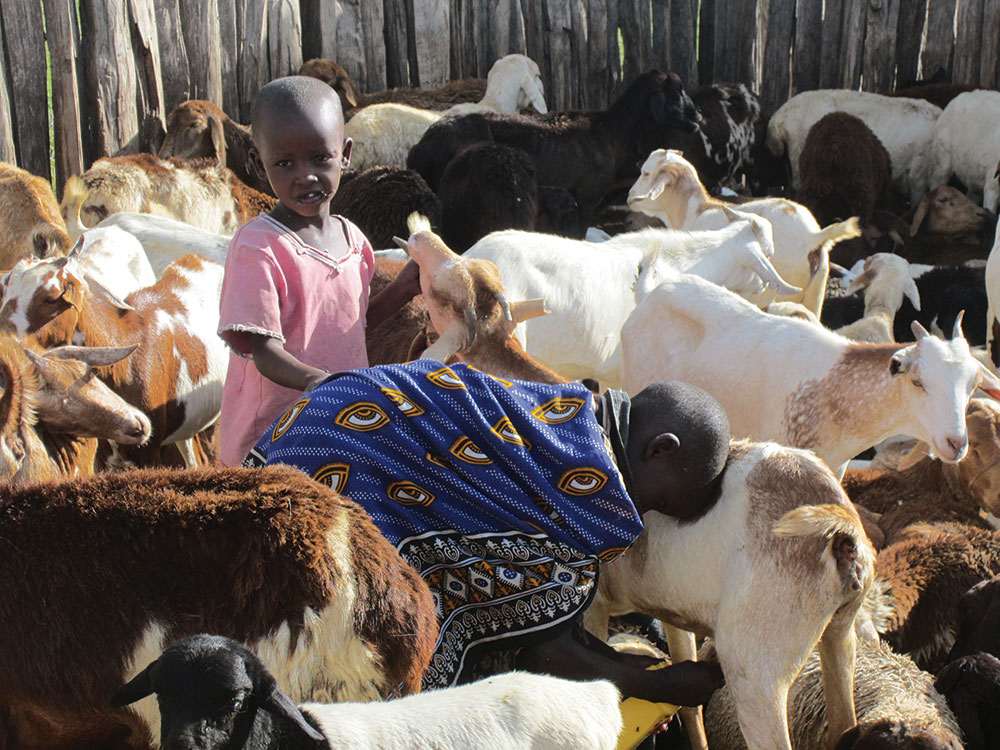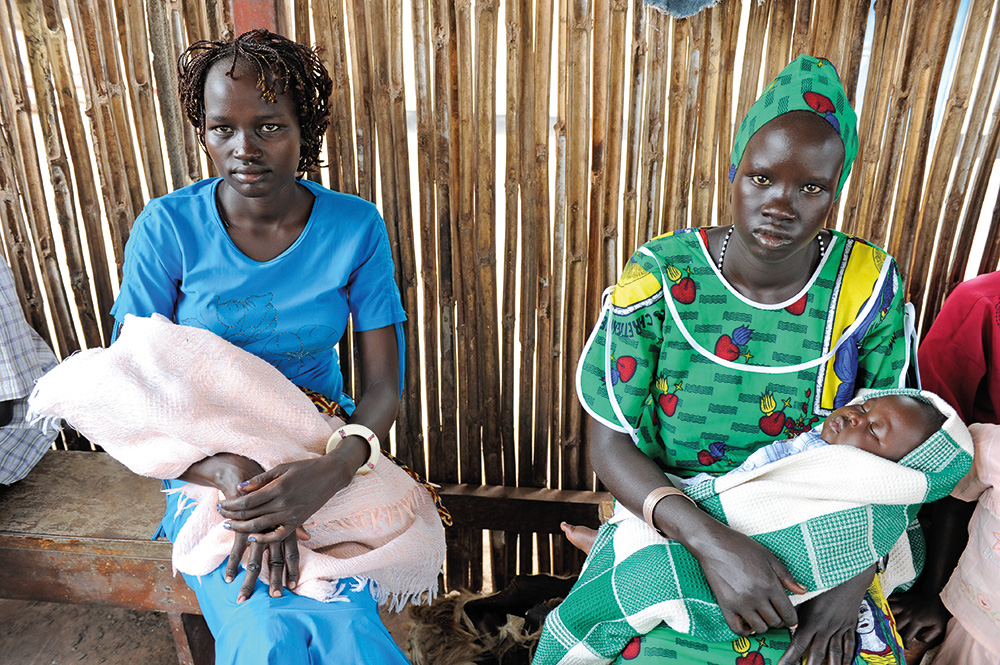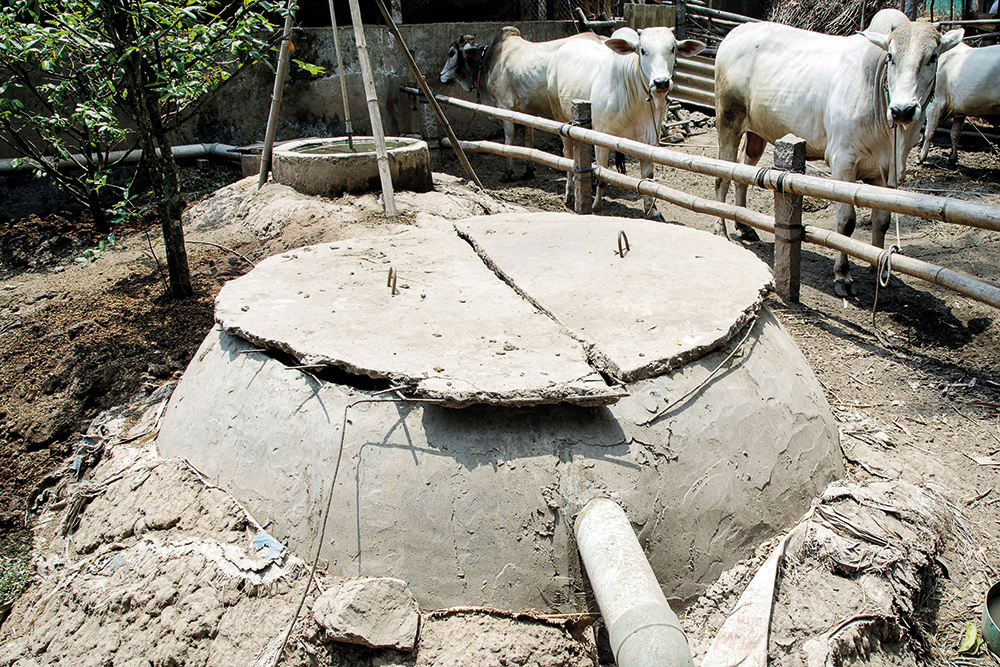Location
The international journal Rural 21 has dedicated more than 40 years to all topics surrounding rural development. Its ambition is to further those strategies and policies that strengthen rural areas of developing and newly industrialising countries and encourage their implementation. The journal addresses the complete range of relevant themes – from agriculture and fisheries via capacity building and education through to health and social security, energy supply and trade. Center-stage is always devoted to inquiring into how measures and strategies can contribute to global food security and to reducing poverty.
Rural 21 desires to further the dialogue between science and politics, the private sector, civil society and practitioners. Two platforms are designed for this purpose: Rural 21 in print is published four times a year, each issue highlighting a specific focus of rural development – this print edition is read in more than 150 countries. In parallel, Rural 21 online keeps the rural development community up to date on news and events, scientific findings and other print and online publications.
Rural 21 is published by DLG-Verlag GmbH in Frankfurt/Germany. Financial partners are BMZ (German Federal Ministry for Economic Cooperation and Development), GIZ (Deutsche Gesellschaft für Internationale Zusammenarbeit), DLG (German Agricultural Society – Deutsche Landwirtschaft-Gesellschaft), SDC (Swiss Agency for Development and Cooperation) and Helvetas Swiss Intercooperation.
The first issue of Rural 21 dates back to 1968. From 1974 to 2007, the journal was published in three languages entitled "entwicklung & ländlicher raum" / "agriculture & rural development" / "agriculture & développement rural". In 2008, the journal was relaunched as "Rural 21".
Members:
Resources
Displaying 96 - 100 of 319Food security, agricultural policy and the role of small-scale farms
Increasing prices for agricultural commodities offer a historic opportunity to intensify production systems for small-scale farmers in many developing countries. But without agricultural policies supporting them in making use of this opportunity, many of them would lose their access to land and income, resulting in aggravated food insecurity.
FAO’s Monitoring African Food and Agricultural Policies initiative
Policy-makers often lack information and analytical capacity to effectively monitor how policies impact on different stakeholders. The MAFAP initiative of the Food and Agriculture Organization seeks to bridge this gap.
Providing an enabling environment
The basic role for agricultural policies consists of providing the core investments and services that farmers need to develop their operations into viable farm businesses. Focusing on the sector’s enabling environment benefits both agriculture and the wider rural economy, facilitating the construction of diversified rural economies. Such policies are likely to be more effective in the long term than subsidies or market interventions, which have the opposite tendency.
Envisaging alternative futures for African agriculture
The Future Agricultures Consortium was established in 2005 with support from the UK Department for International Development (DFID) as a learning alliance of leading African and UK-based research organisations. The Consortium provides independent analysis and advice for improving agricultural policy-making. The aim is to encourage critical debate and policy dialogue on the future of agriculture in Africa, elaborating the practical and policy challenges of establishing and sustaining pro-poor agricultural growth.
Green revolution with black gold
Last year Angola earned 48 billion US dollars from petroleum. Yet the country that was once Africa’s largest agricultural producer is reduced to importing food. Now the government and private investors want to develop the agricultural sector, in the hope that Angola could become a new Brazil. But will there still be room for small-scale farmers?






